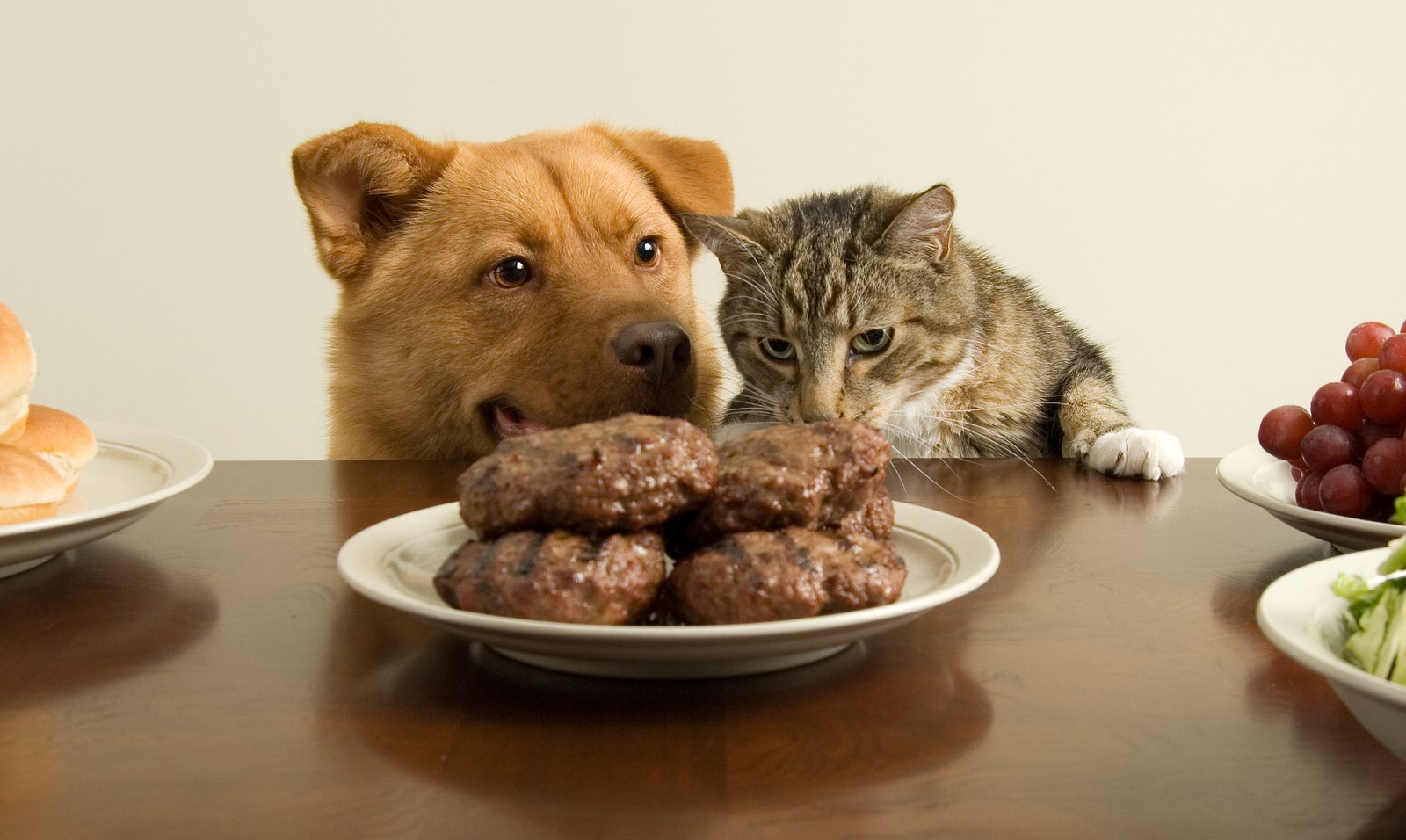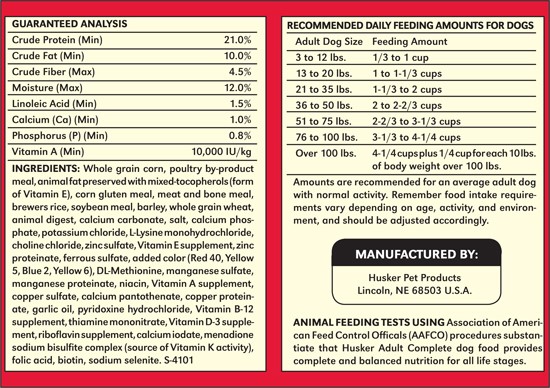Eating Right: Pet Food Labels Explained

Navigating the pet food aisle in Singapore pet shops may be daunting for many pawrents, especially for first-time pet owners. Picking the right pet food for your fur-kid can be a daunting task, especially if you’re starting off without any prior knowledge of the subject.
Though fresh, home-made food has been rising up the popularity ladder, canned food and kibble remain as the popular choices of many pawrents. While there’s no harm in giving your furkid store-bought food, it’s important that you select food that is most suitable for your pet.
The ideal pet food is not only nutritious, it’s one that contributes to the overall well-being of your pet. In order to select the most suitable types of food, reading and understanding pet food labels become essential. Before you panic at the prospect of having to understand what Manganese Amino Acid Complex is, here’s a guide to reading and interpreting pet food labels.
Ingredient List
For starters, know that the ingredient list is different from the nutrition list. Remember, the ingredients are simply “vehicles” of the nutrients. That said, the majority of food products have their
ingredients listed in descending order in terms of its weight.

Source: kicknkmotocross.com
Look out for food products that list a protein source, such as beef, chicken or turkey, as its first ingredient. As the first ingredient listed, you can rest assured that the food is high in meat protein, essentials for both canines and felines. Apart from that, the ingredient list will help sieve through products that contain allergic triggers for your pets and avoid those with inappropriate ingredients like corn or wheat.
Nutritional/Guaranteed Analysis
Unlike the list of ingredients, the nutritional analysis provides a better picture of the product’s nutritional value. Hence, it’s recommended to pay more attention to the nutritional analysis instead of the ingredient list.

Source: topdeals4wheels
A carry box or bag is simply an elevated box harnessed to the seat of the vehicle. This elevation gives your furkid a view of both the surrounding and you, allowing it to feel both soothed and safe.
Pet-Friendly Travel Kits

Similar to the ingredient list, the nutrients are listed according to its weight. Nutrients with the highest concentrations such as proteins often top the list while those at the tail end, such as vitamins and minerals, are less prominent in the product.
Artificial Colours, Flavours and Preservatives
Most, if not all, store-bought food contain preservatives and artificial ingredients. However, like humans, pets should have limited or, if possible, no intake of chemical additives.
Though you may notice the inclusion of artificial colours, flavours and preservatives on the pet food labels, the specific names won’t be mentioned. Instead, they may be disguised under acronyms and codes such as “E 252” for Sodium Nitrite in certain dog foods. Sodium Nitrite, for example, is a food preservative and is also used to uphold the appearance of “fresh” meat.

But unlike humans, pets do not need the illusion of fresh meat. Nonetheless, don’t be too quick to dismiss foods with natural preservatives such as vitamin E and rosemary.
Quality Ingredients
Singapore pet shops are brimming with a large variety of pet food, differing not only in price and brand but in food quality as well. If you’re unsure as to which product is best for your pet, opt for those with quality ingredients. Some examples are, named meat sources, carbohydrates sources and fish.
While it may come at a higher price tag, products with quality ingredients can be treated as a long-term investment as they ensure the overall well-being of your pet.
Choosing the right food for your pet is an important decision and understanding food labels is a stepping stone to sieving through the endless options available. Though it may take some time to settle on the right combination, don’t rush through it. Instead, speak to fellow pawrents or Singapore vets for advice as well.








